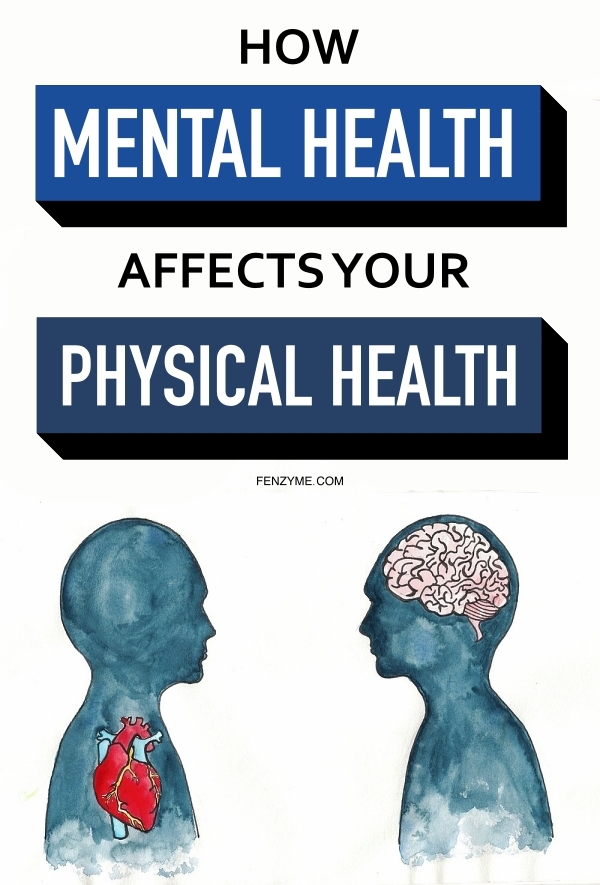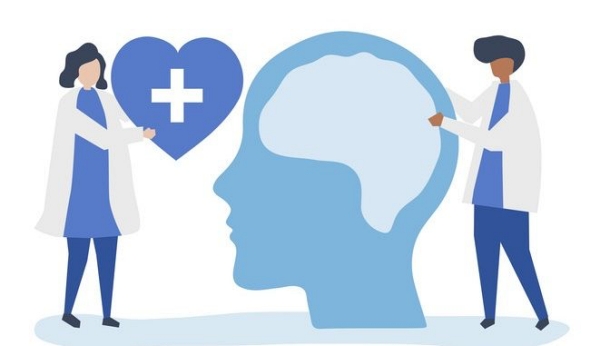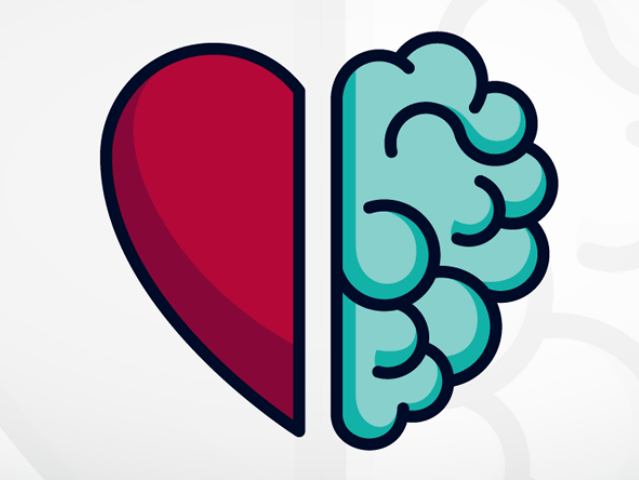Many of us and even health care professionals tend to underestimate the importance of mental health, even knowing all we do now.
Our mental health is deeply, intrinsically connected to our physical health. If you’re dealing with an untreated mental health issue, you’re much more likely to develop issues with your physical health and vice versa.

Trauma is a good example. If you’re exposed to trauma, it can cause emotional stress that’s long-term. Conditions associated with trauma exposure of any kind include chronic heart and lung diseases, liver cancer, autoimmune diseases, and sexually transmitted infections. If you have trauma exposure, you’re also more likely to develop co-occurring mental health disorders, such as depression.
Below are some of the most relevant takeaways we can all consider how mental health impacts physical health.
The Relationship Between Physical and Mental Health
Your mental health is a critical part of your well-being. When you’re mentally healthy and well, you’re more likely to experience good physical health. In one study, a sense of psychological well-being lowered the risk of strokes and heart attacks.

Poor mental health or untreated mental health disorders are associated with higher incidences of:
- Chronic illness, which includes cancer, heart disease, arthritis, asthma, and diabetes. One factor that may be pertinent is that having a mental health condition can make it harder to get medical care for a chronic illness. Among people with depression or other mental health conditions, the death rate from heart disease and cancer is higher.
- When you have a mental health condition, you’re more likely to have a sleep disorder, such as insomnia or sleep apnea.
- Smoking often occurs at higher rates in people with conditions like anxiety and depression. Smoking is one of the leading causes of preventable death throughout the world.
- Substance use rates are higher among people with mental health disorders. The use of drugs and alcohol is associated with many serious physical health conditions and reduced lifespan.
Which Comes First?
We often don’t know which comes first for many people—the mental health condition or physical complications.
For example, many of the risk factors for depression also raise the risk for chronic diseases. Once you have one or the other, you may be less likely to take steps to improve your health or to continue with regular medical appointments.
Some people experience depression only after they’re diagnosed with a medical illness. Certain medicines used to treat various diseases can also trigger depression and other mental health side effects.

When someone has depression and a medical illness, research shows they’re more likely to have severe symptoms of both.
Other ways physical and mental health conditions tend to interrelate include problems with concentration and planning, low motivation, and perhaps a lack of support to change your unhealthy behaviors.
With diabetes, mental health disorders are two times more commonly diagnosed than in people without diabetes. People with heart disease are three times more likely to experience depression than someone without a heart condition. Three in four people with the severe chronic respiratory disease also have anxiety or depression.
Diagnostic Issues
If you have a chronic health diagnosis already, a common issue you may face in your care is that your mental health is overlooked by your health care providers. There are so many overlapping symptoms between mental conditions and physical ones that even if your doctor is mindful of your mental health, making a proper diagnosis can be a challenge.

There’s a term called diagnostic overshadowing. Diagnostic overshadowing means that your psychiatric symptoms might be masked by your other symptoms.
There’s also, unfortunately, an ongoing stigma about a mental health diagnosis that doesn’t necessarily exist with a medical diagnosis. That stigma can prevent people from seeking the help they need. If you don’t take care of your mental health, it’s going to be impossible to get your physical health to the point where you want it to be. You may also find that without getting treatment for underlying mental health issues, you can’t control particular symptoms of a chronic illness.
It’s essential to be aware of the symptoms you’re experiencing and not to discount them. If you need to, write them down as they happen so that you’ll remember to tell your health care provider at your next appointment.
Talk to your doctor if you feel there are mental health issues because it’s impossible to separate these issues from your physical health and well-being. You can’t have one without the other.
